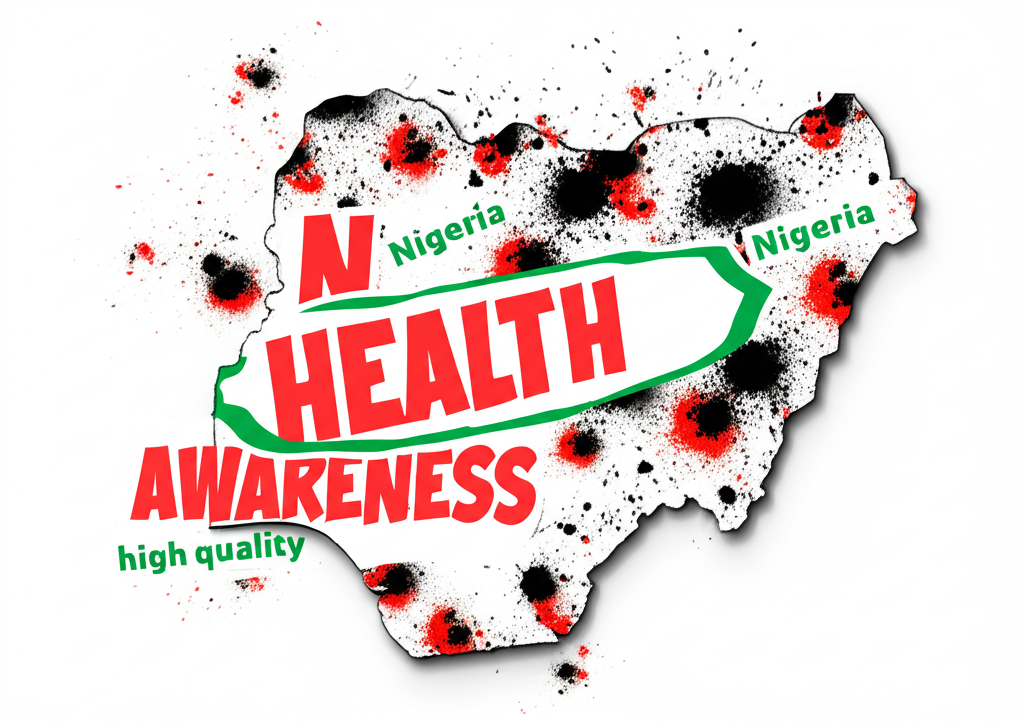Here’s a quick rundown of what you need to know:
- Over 20 health workers at AKTH initially isolated.
- All but one tested negative for Lassa fever and were discharged.
- Husband of the deceased index case tests positive.
- Health officials are taking steps to prevent further spread.
Kano Health Workers Get the All-Clear… Almost!
More than 20 dedicated health workers at Aminu Kano Teaching Hospital (AKTH) can breathe a sigh of relief. After being temporarily isolated due to contact with a Lassa fever patient, their test results came back negative. This is definitely good news for the hospital and the wider Kano community!
Twist in the Tale: Husband Tests Positive
Just when things seemed to be calming down, a new case emerged. Sadly, the husband of the 22-year-old pregnant woman who died from Lassa fever tested positive for the virus. He is currently receiving treatment from the Kano State Epidemiology Unit. This highlights just how easily this disease can spread within families.
How Did This Happen?
The index case, a young pregnant woman, was rushed to the gynecology emergency unit at AKTH but unfortunately passed away shortly after arrival. Given the circumstances, health officials immediately took precautions, isolating and testing those who had been in contact with her.
Hospital’s Response: Swift and Decisive
According to AKTH’s Chief Information Officer, Maryam Aminu Usman, the hospital management acted quickly to contain the situation. All necessary precautionary measures were taken to prevent the disease from spreading within the hospital and its surrounding areas.
Government Steps In: Rapid Response Team Mobilized
The Kano State Commissioner for Health, Dr. Abubakar Labaran Yusuf, confirmed that the state’s CDC (Centers for Disease Control) has deployed a Rapid Response Team to tackle the outbreak. This team is working to identify and monitor contacts of the infected individuals.
What is Lassa Fever, Anyway?
Lassa fever is an acute viral hemorrhagic fever caused by the Lassa virus. It’s endemic in several West African countries, including Nigeria. The virus is typically transmitted to humans through contact with food or household items contaminated with the urine or feces of infected multimammate rats (Mastomys natalensis). Human-to-human transmission can also occur through direct contact with an infected person’s bodily fluids.
Symptoms to Watch Out For
Symptoms of Lassa fever can vary, but they often include:
- Fever
- Headache
- Weakness
- Muscle pain
- Sore throat
- Vomiting
In severe cases, Lassa fever can lead to bleeding from various parts of the body, shock, and even death. Early diagnosis and treatment are crucial for improving the chances of survival.
Prevention is Key
Protecting yourself from Lassa fever involves taking precautions to avoid contact with rodents. Here are some tips:
- Store food in rodent-proof containers.
- Keep your home clean to discourage rodents.
- Avoid contact with multimammate rats.
- Practice good hygiene, such as washing your hands regularly.
The Fight Continues
While the negative test results for the majority of health workers are encouraging, the new case highlights the ongoing threat of Lassa fever. Vigilance and proactive measures are essential to prevent further outbreaks and protect the health of the community. We will continue to monitor the situation and bring you the latest updates.





